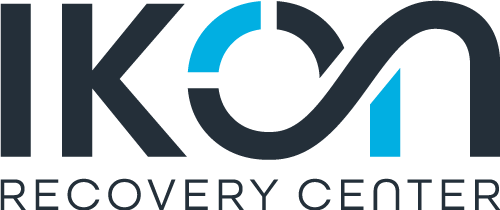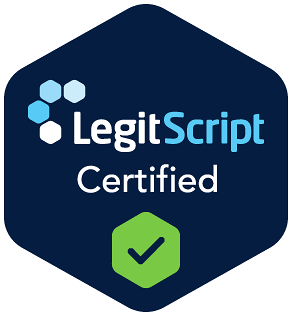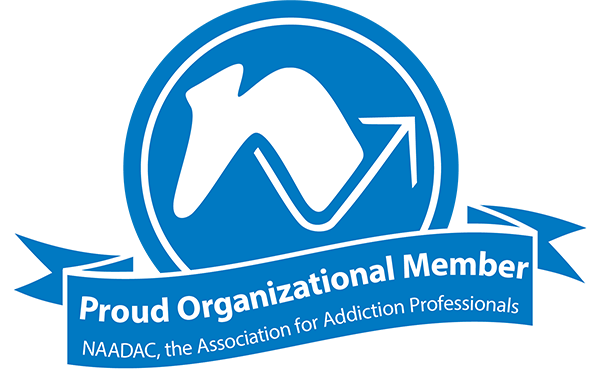Reclaim your well-being with tailored, customized holistic care at Ikon Recovery with our partial care or PHP for addiction and dual diagnosis in New Jersey.
Partial Care Programs At Ikon Recovery
A Structured Program For Addiction and Substance Use Disorders
What is a Partial Care Program?
A Partial Care or Partial Hospitalization Program (PHP) is a structured treatment environment for individuals needing more than outpatient care but not requiring full-time inpatient treatment for substance abuse recovery.[1] Individuals in a PHP typically attend treatment sessions during the day before returning home in the evenings.
Partial care provides a holistic approach to treatment, combining therapy, support groups, medication management, and other therapeutic activities while also working to maintain your sense of independence.[2] Some individuals may come to a PHP addiction program from detoxification services or inpatient care, while others may engage in PHP as their primary level of care before stepping down to outpatient services.
The time commitment for this level of care varies, but it typically involves daily sessions lasting several hours three to five days a week.[3] Treatment is provided by licensed professionals in a structured environment.
Your treatment needs are unique—and Ikon Recovery Center is committed to providing comprehensive, holistic care that’s tailored to the individual. Give us a call today to learn more about our partial care program in New Jersey and other levels of care to find the best fit for you.
Partial Care Programs at a Glance
Program Length
Treatment Modalities
ASAM Level of Care Rating
How (and Why) Partial Care Programs Work
Partial care programs work through a combination of structured therapeutic interventions and support designed to address the specific needs of individuals struggling with addiction and their mental health:[4]
Providing onsite, intensive therapeutic support:
PHPs provide a highly structured and intensive therapeutic environment. Participants engage in various therapeutic modalities and activities to explore their challenges, supported by a team of trained professionals.
Cultivating new coping skills:
PHPs often include skill-building components, focusing on coping mechanisms and relapse prevention strategies. Equipping individuals with practical skills enhances their ability to navigate stressors, triggers, and challenges in the real world.
Taking a multidisciplinary approach:
PHPs often involve a multidisciplinary team of mental health professionals, including psychiatrists, psychologists, social workers, and counselors. This team collaborates to create individualized treatment plans, ensuring that you receive comprehensive guidance and support to address every aspect of your care.
Accounting for mental health:
PHPs are equipped to address dual diagnosis (concurrent mental health) concerns as well, simultaneously targeting both issues with specialized interventions and a coordinated team approach.
Engagement with a recovery community:
Group therapy sessions are a common component of PHPs, fostering a sense of community and peer support. Sharing experiences with others facing similar challenges can help to reduce feelings of isolation, provide validation, and create a supportive network for individuals in their recovery journey.
Taking a holistic approach:
PHPs may incorporate holistic interventions, such as mindfulness practices, art therapy, and physical activities, into their programming. A holistic approach addresses the interconnectedness of mental, emotional, and physical well-being, providing you with a diverse set of tools to support your overall health and grow your resilience.
At Ikon, our partial care program for substance abuse and dual diagnosis is personalized to your unique treatment needs. Our dedicated staff will collaborate with you on an individualized plan, incorporating a range of evidence-based therapies for comprehensive and effective support on your journey to lasting recovery.
What additional recovery support is available after treatment?
We’re committed to being part of your recovery journey for life, not just during formal treatment. After your treatment plan has been completed, we can help you restore and rebuild a life aligned with your new goals.
Additional support includes:
- Housing Assistance
- Credit Repair
- Continued Education
- Job Search Assistance
- Financial Guidance
- Community Service Opportunities
- Transportation Assistance
- Nutrition & Health Guidance
The Efficacy of Partial Care Programs For Substance Abuse
Partial care or hospitalization addiction treatment has been shown to help individuals struggling with substance use issues either avoid hospitalization or shorten their total length of stay while providing high-quality, recovery-oriented care.[5] Studies reaching back over thirty years have concluded that PHPs are a reasonable, effective alternative to inpatient and outpatient care (depending on your needs),[6] contributing to improved outcomes overall.
Dual-diagnosis partial care programs are also noted to be a critical point of care for those struggling with concurrent mental health and substance use issues, working to build a more holistic and considered approach to recovery practices.[7]
Partial Care Program Alumni
Partial Care Programs and the Continuum of Care
Partial care and PHP programs for substance use or dual diagnosis concerns are considered to be level 2.5 along the continuum of care, according to the American Society of Addiction Medicine (ASAM) criteria.[8] This signifies an overall intermediate level of care that offers more structure and support than standard outpatient programs, making it an effective option for individuals requiring a comprehensive and intensive treatment approach.
At Ikon, a personalized plan is crafted after a thorough assessment of your needs, utilizing ASAM Criteria, perceived client needs, and input from our multidisciplinary team. Our clients then transition to a lower Level of Care upon achieving treatment plan goals or stabilized recovery for ongoing support.
Frequently Asked Questions about Partial Care Programs
How does a partial care program differ from intensive outpatient (IOP) programs?
While both programs are forms of outpatient care, PHP for addiction and dual diagnosis (ASAM 2.5) offer more hours (6-8) in a structured environment with intensive interventions. Participants engage in individual counseling, group therapy, and education for a comprehensive experience. In contrast, IOP (ASAM 2.1) provides flexibility with fewer weekly hours (3-5) to accommodate daily commitments, offering valuable therapeutic support. The choice depends on individual needs and the desired level of structure for effective addiction treatment.
What happens after I complete a partial care or PHP?
While everyone’s treatment needs are unique, most individuals will graduate to standard outpatient care (ASAM 1.0) upon completion of a partial care or partial hospitalization program for substance use or co-occurring issues. Transitioning to outpatient care ensures continued support, allowing individuals to apply the skills learned in PHP to their daily lives and maintain their progress in a less intensive but still supportive environment.
Can I work or attend school while participating in a partial care program?
While PHPs provide more flexibility than traditional inpatient care (ASAM 4.0 and above), most PHP programming involves several hours per day of supportive treatment services, which may make school or work attendance difficult. We encourage you to speak with your treatment team about your needs and also to keep in mind that the recovery process may sometimes need to take priority over your other commitments until a solid foundation is secure.
Sources
[1] Khawaja, I. S., & Westermeyer, J. J. (2010). Providing Crisis-oriented and Recovery-based Treatment in Partial Hospitalization Programs. Psychiatry (Edgmont (Pa. : Township)), 7(2), 28–31. Retrieved from https://www.ncbi.nlm.nih.gov/pmc/articles/PMC2848466/ on November 22, 2023
[2] Partial Hospitalization Coverage. (n.d.). Www.medicare.gov. Retrieved from https://www.medicare.gov/coverage/mental-health-care-partial-hospitalization on November 22, 2023
[3] Definition of partial hospitalization. The National Association of Private Psychiatric Hospitals and the American Association for Partial Hospitalization. (1990). The Psychiatric Hospital, 21(2), 89–90. Retrieved from https://pubmed.ncbi.nlm.nih.gov/10106610/ on November 22, 2023
[4] Thomas, F., Leung, M., Drozd, J., & Maier. (2009). Impacts Associated with the Medicare Psychiatric PPS: A Study of Partial Hospitalization Programs Report Prepared for. Retrieved from https://www.cms.gov/Research-Statistics-Data-and-Systems/Statistics-Trends-and-Reports/Reports/downloads/Leung_PHP_PPS_2010.pdf on November 22, 2023
[5] Khawaja, I. S., & Westermeyer, J. J. (2010). Providing Crisis-oriented and Recovery-based Treatment in Partial Hospitalization Programs. Psychiatry (Edgmont (Pa. : Township)), 7(2), 28–31. Retrieved from https://www.ncbi.nlm.nih.gov/pmc/articles/PMC2848466/ on November 22, 2023
[6] Schene, A. H., & Gersons, B. P. R. (1986). Effectiveness and application of partial hospitalization. Acta Psychiatrica Scandinavica, 74(4), 335–340. Retrieved from https://doi.org/10.1111/j.1600-0447.1986.tb06251.x on November 22, 2023
[7] McGovern, M. P., Lambert-Harris, C., Gotham, H. J., Claus, R. E., & Xie, H. (2012). Dual Diagnosis Capability in Mental Health and Addiction Treatment Services: An Assessment of Programs Across Multiple State Systems. Administration and Policy in Mental Health and Mental Health Services Research, 41(2), 205–214. Retrieved from https://doi.org/10.1007/s10488-012-0449-1 on November 22, 2023
[8] American Society of Addiction Medicine. (2022). About the ASAM Criteria. Retrieved from https://www.asam.org/asam-criteria/about-the-asam-criteria on November 22, 2023
